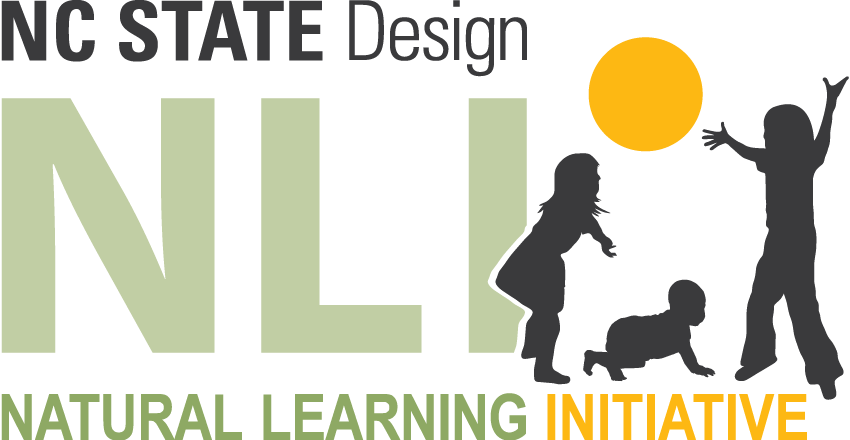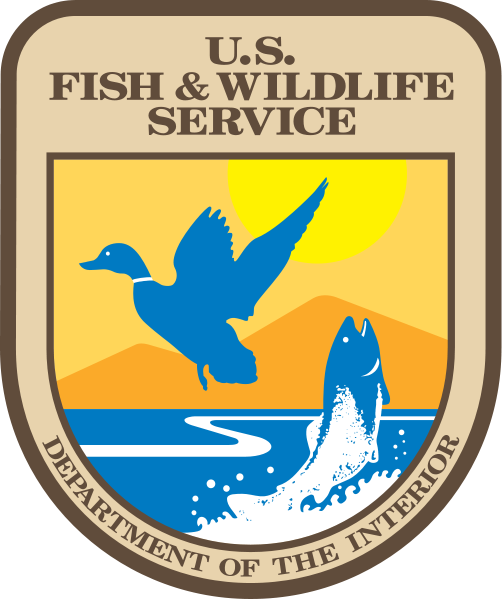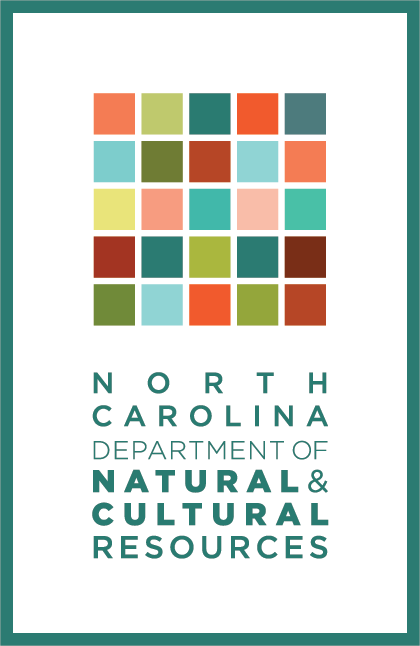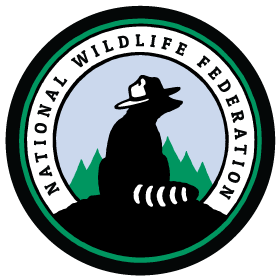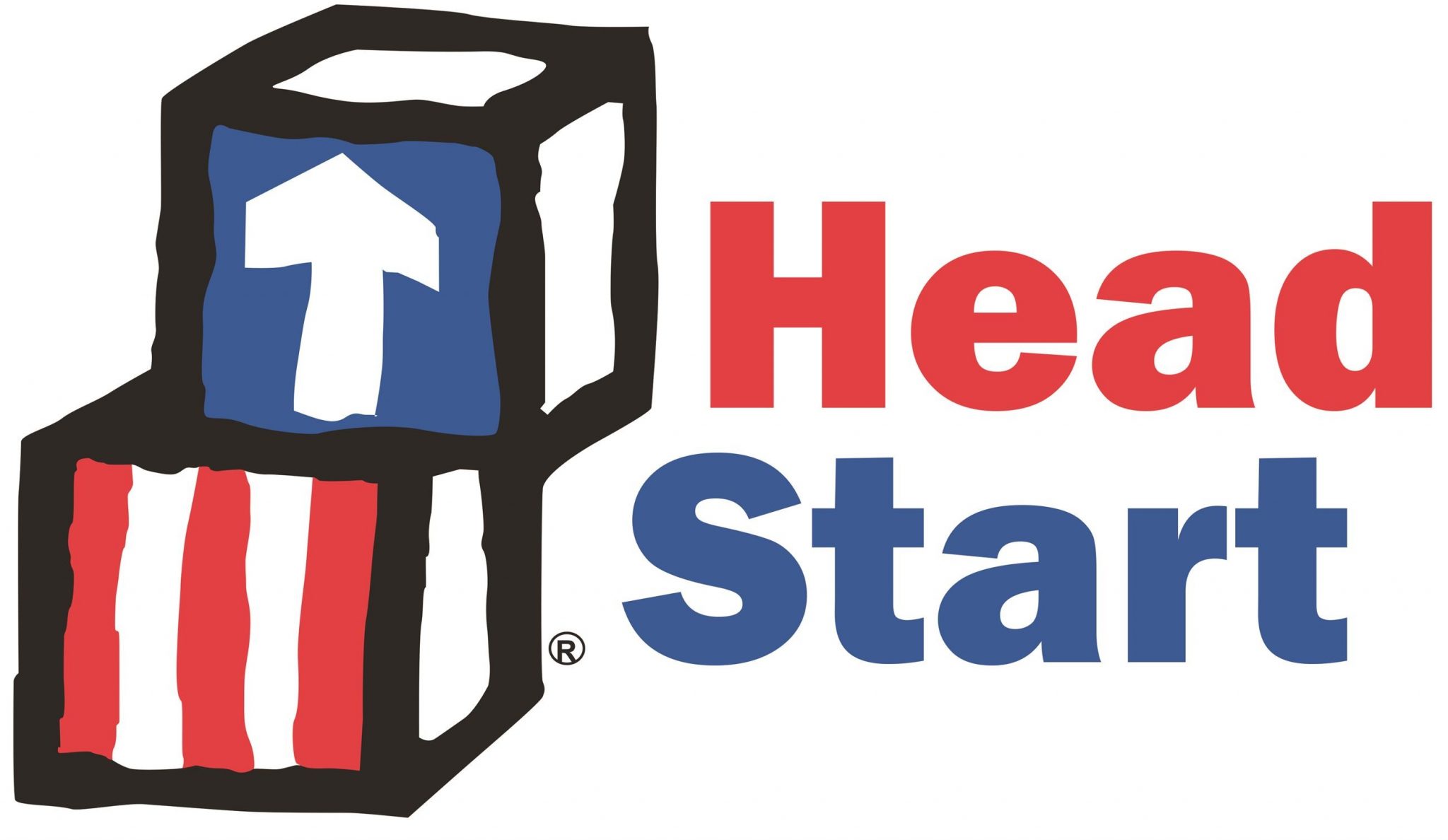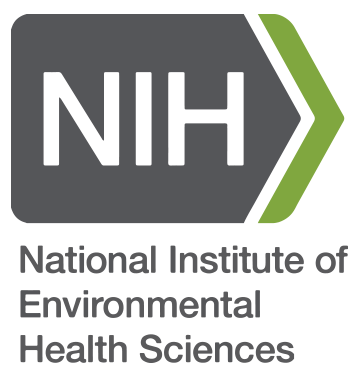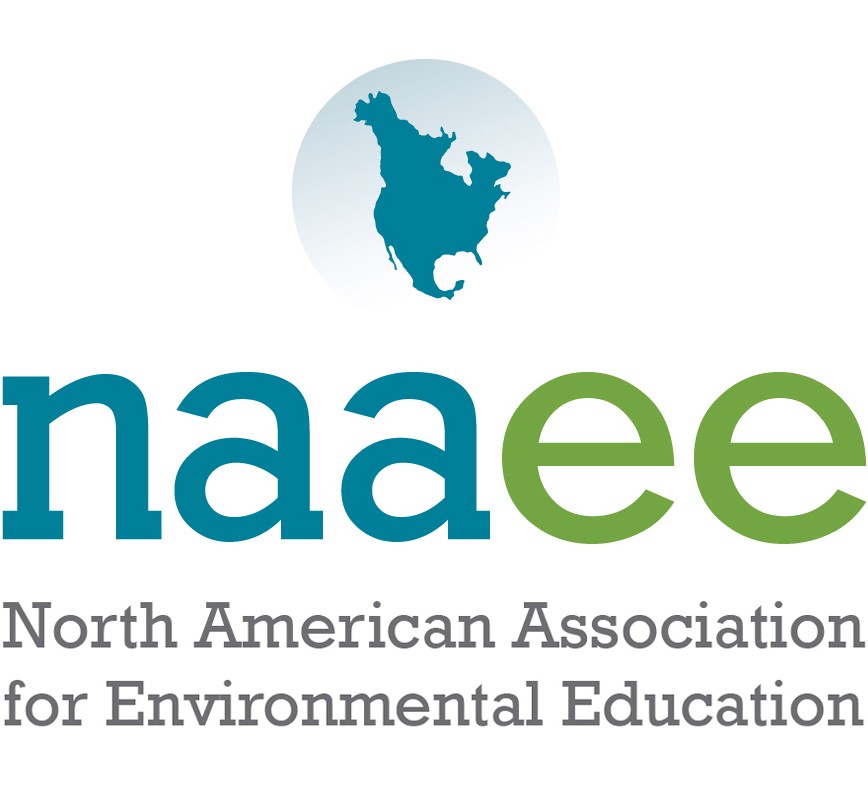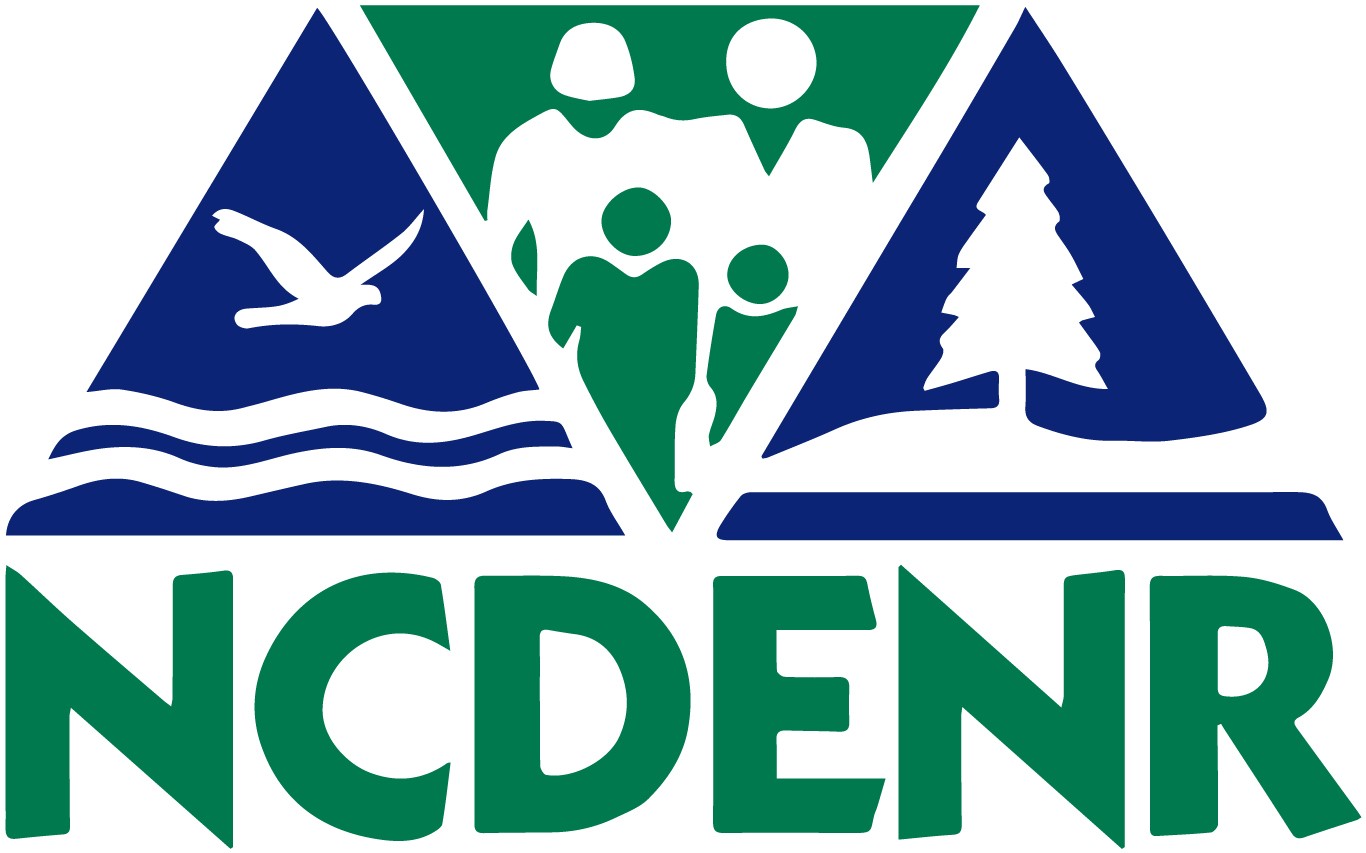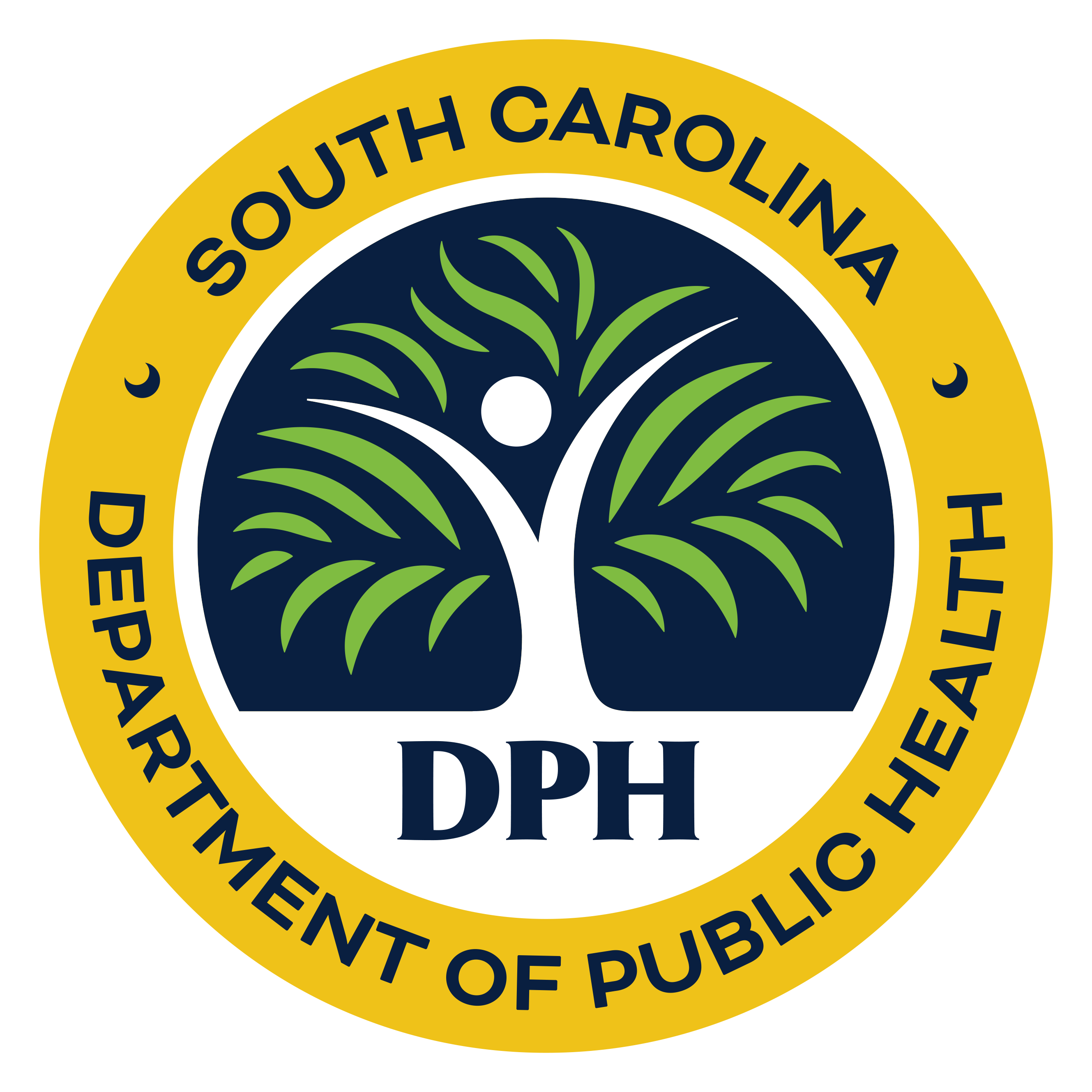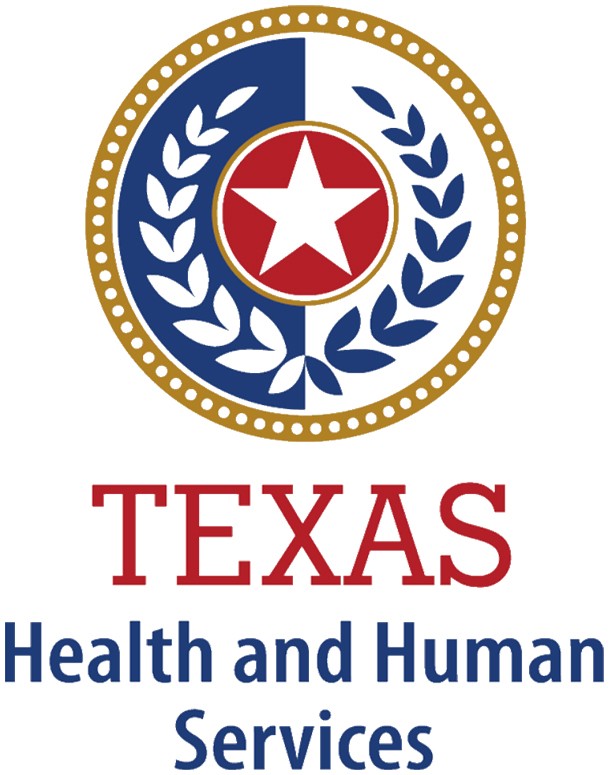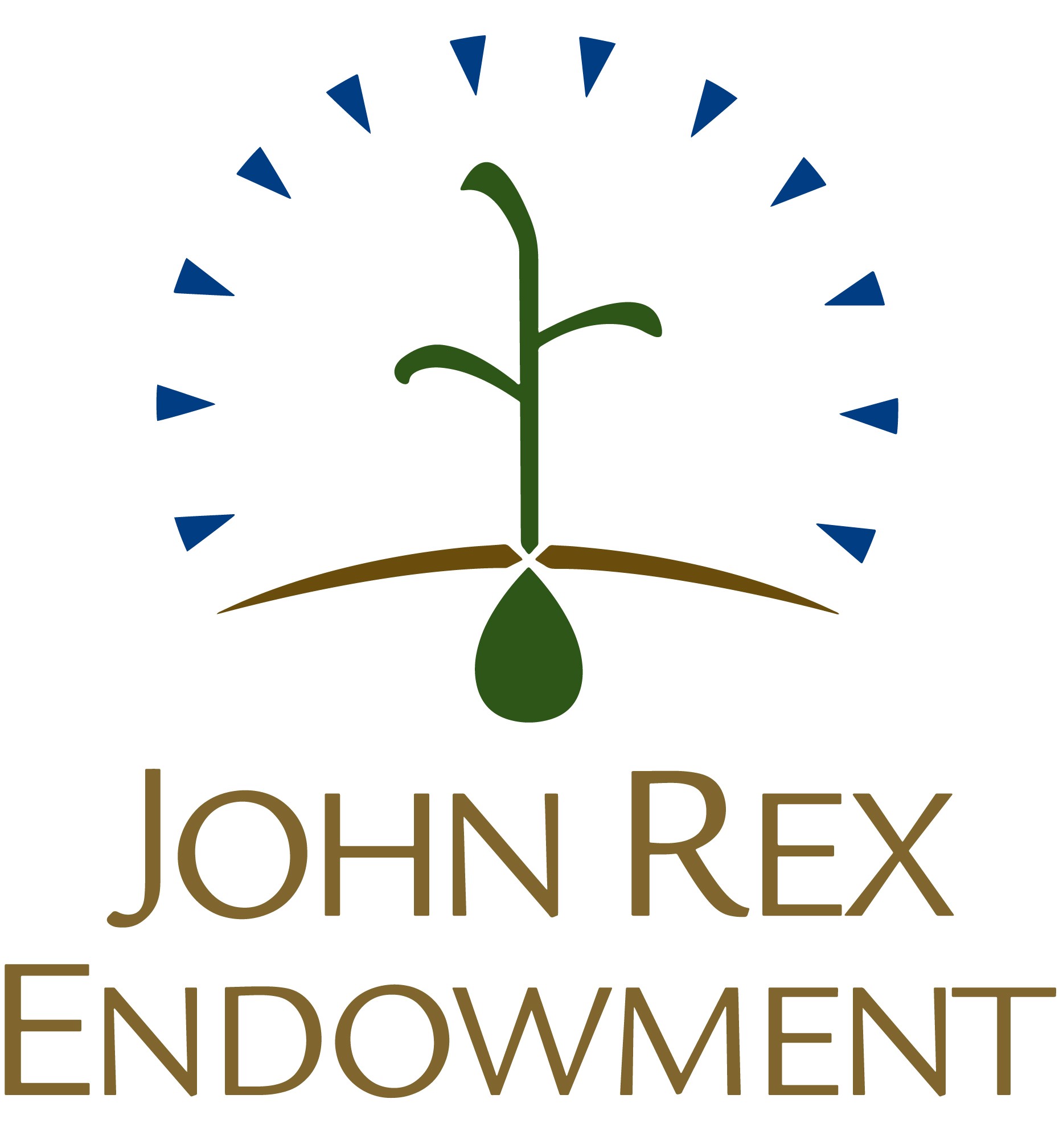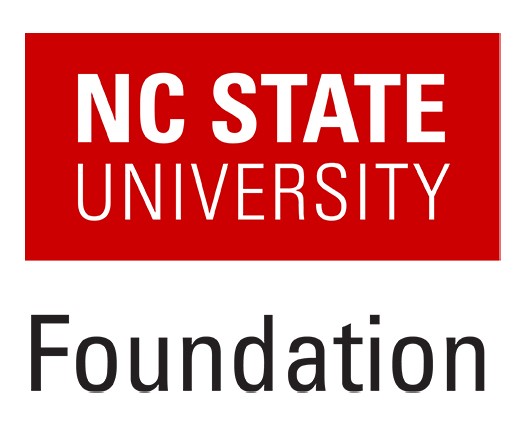WHO ARE WE?
FOR 25 YEARS the Natural Learning Initiative (NLI, co-founded by Robin Moore, DipArch, MCP, Hon. ASLA, and Nilda Cosco, PhD, ASLA) is based on Moore and Wong’s book, Natural Learning (1997). NLI applies community-based, equity-driven design thinking to creating healthy natural play and learning environments, where all children and their families can thrive, learn healthy life habits, and set in motion a life course of peace and love for nature.
The NLI Mission
“Creating environments for healthy human development and a healthy biosphere for generations to come.”
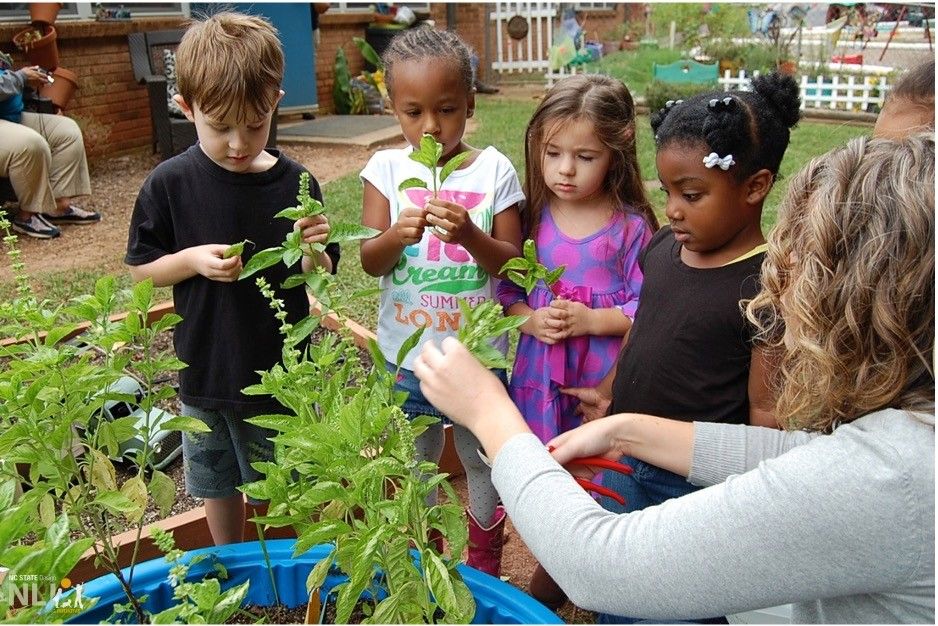
BRING NATURE TO CHILDREN AND FAMILIES by naturalizing childcare centers and schools (where children are obligated to be), residential neighborhoods, parks and greenways, community centers, cultural facilities, botanical gardens, museums and other nonformal education institutions.
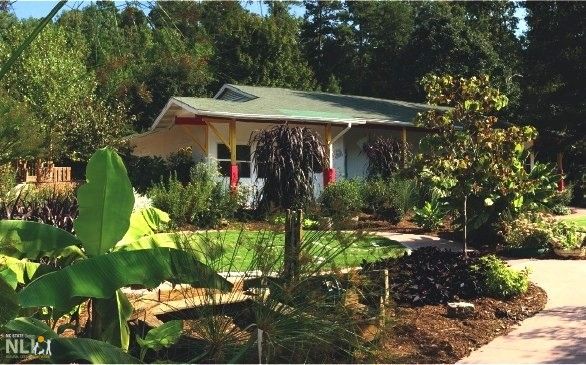
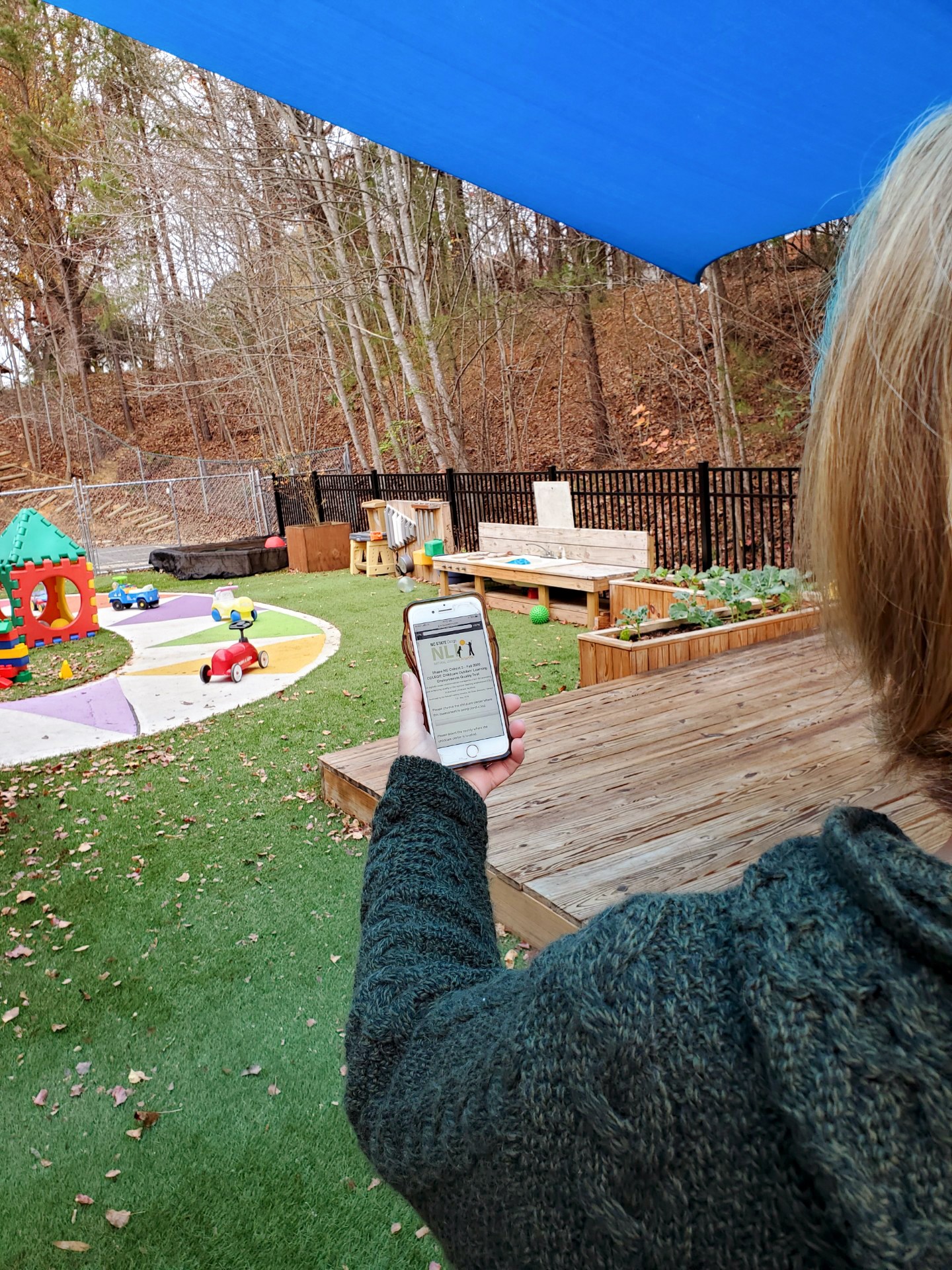
DEVELOP VALID, RELIABLE, USER-FRIENDLY, MOBILE ENVIRONMENT-BEHAVIOR MEASUREMENT TOOLS to advance knowledge by evaluating the impacts of environmental design on human development.
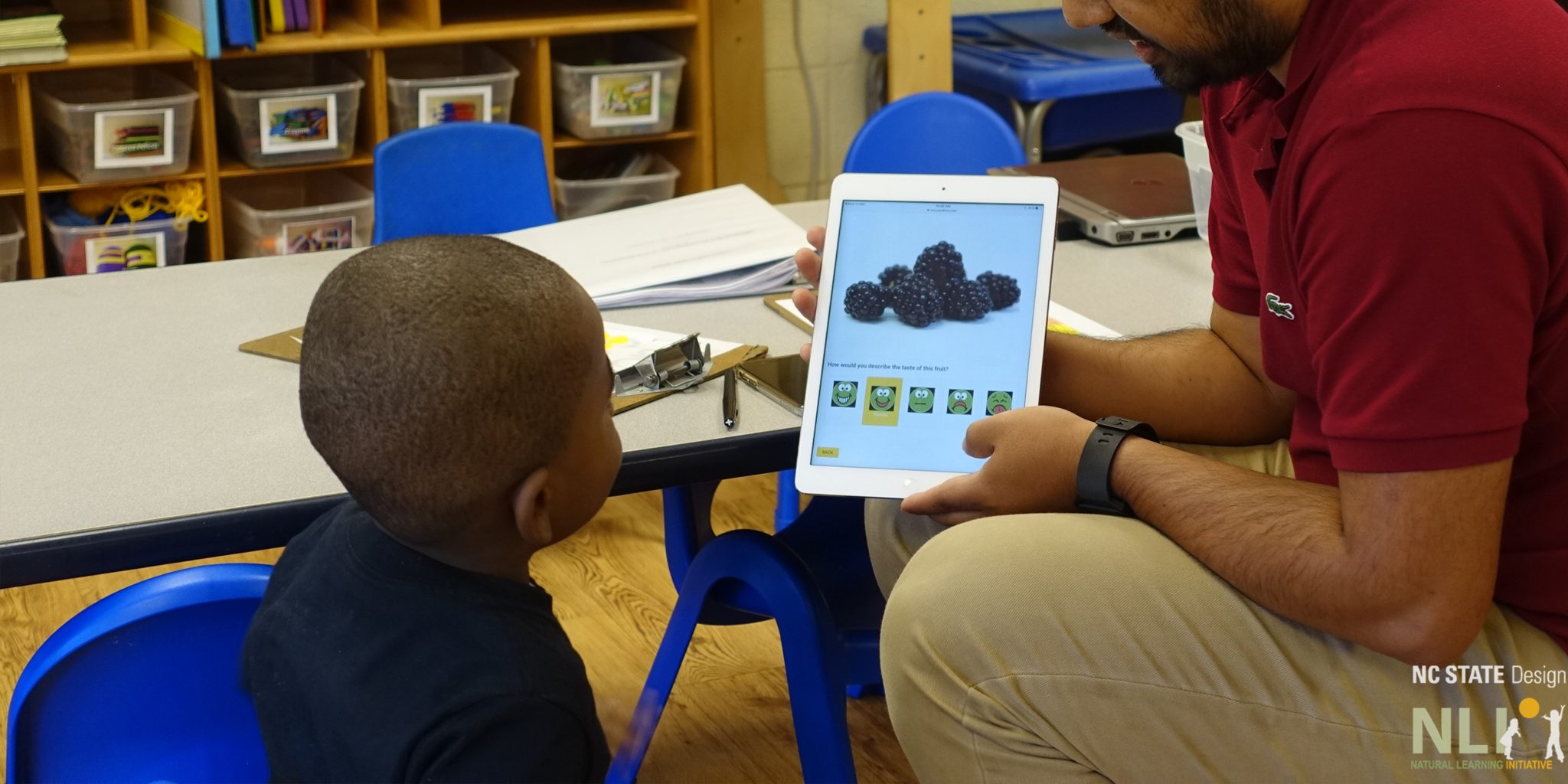
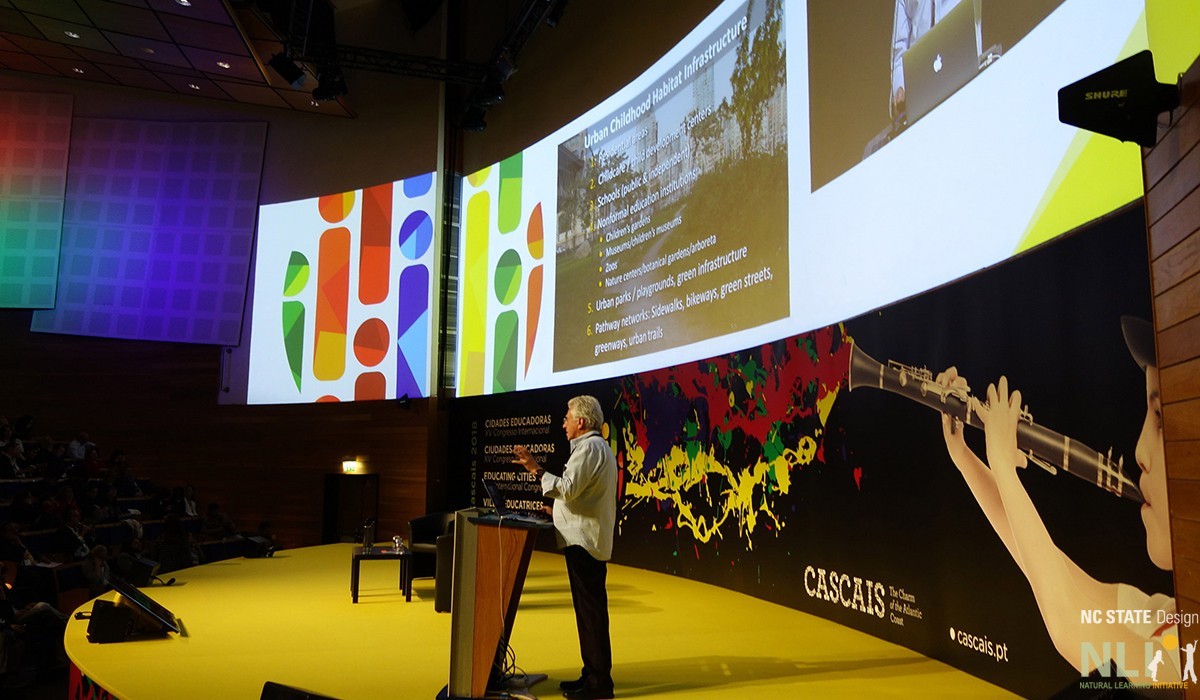
CREATE, TRANSLATE, AND DISSEMINATE KNOWLEDGE to cross-sector academic and practitioner audiences, through classroom instruction, distance education, field visits, and hands-on workshops, in childhood education, public health, parks and recreation, facility management, urban planning, and design.
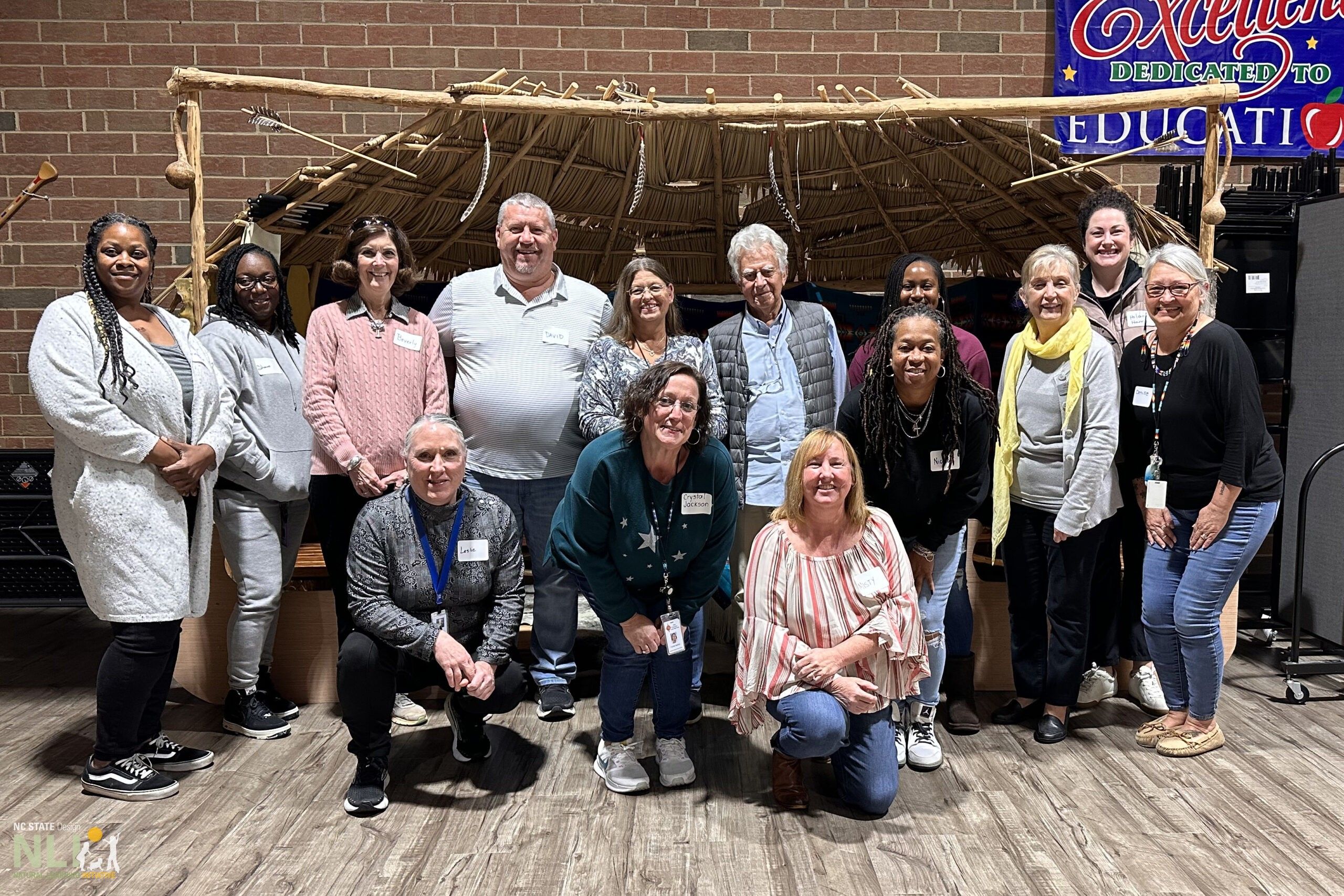
ENGAGE WITH LOCAL, STATE, AND NATIONAL PARTNERS (governmental and non-governmental) to influence human development and environmental policy makers to adopt biophilic design thinking to increase biodiversity and human health, especially in disadvantaged, underserved communities.
Our mission is activated by
six goals:
The NLI Mission
“Healthy human development and a healthy biosphere for generations to come”
Our mission is supported by six goals:
BRING NATURE TO CHILDREN AND FAMILIES
by naturalizing childcare centers and schools (where children are obligated to be), residential neighborhoods, parks and greenways, community centers, cultural facilities, botanical gardens, museums and other nonformal education institutions.
EMPLOY NATURE-BASED SOLUTIONS (NbS)
to create equal opportunity, inclusive, equitable, healthy communities where children are engaged with nature from birth, joyfully playing and learning to become environmentally literate citizens who protect, conserve, and regenerate biodiversity on Planet Earth.
DEVELOP VALID, RELIABLE, USER-FRIENDLY, MOBILE ENVIRONMENT-BEHAVIOR MEASUREMENT TOOLS
to advance knowledge by evaluating the impacts of environmental design on human development.
CONDUCT APPLIED RESEARCH
including pre/post evaluation, to support adoption, growth, and management of health-enhancing environments across urban and rural settlements.
CREATE, TRANSLATE, AND DISSEMINATE KNOWLEDGE
to cross-sector academic and practitioner audiences, through classroom instruction, distance education, field visits, and hands-on workshops, in childhood education, public health, parks and recreation, facility management, urban planning, and design.
ENGAGE WITH LOCAL, STATE, AND NATIONAL PARTNERS
(governmental and non-governmental) to influence human development and environmental policy makers to adopt biophilic design thinking to increase biodiversity and human health, especially in disadvantaged, underserved communities.
WHAT WE DO
NLI WORKS IN FOUR AREAS: Evidence-based Design Assistance, Research and Evaluation, Professional Development, and Information Dissemination / Communication Resources. Comprehensive projects combine all four areas in multiyear programs.
Many thanks to our sponsors!
